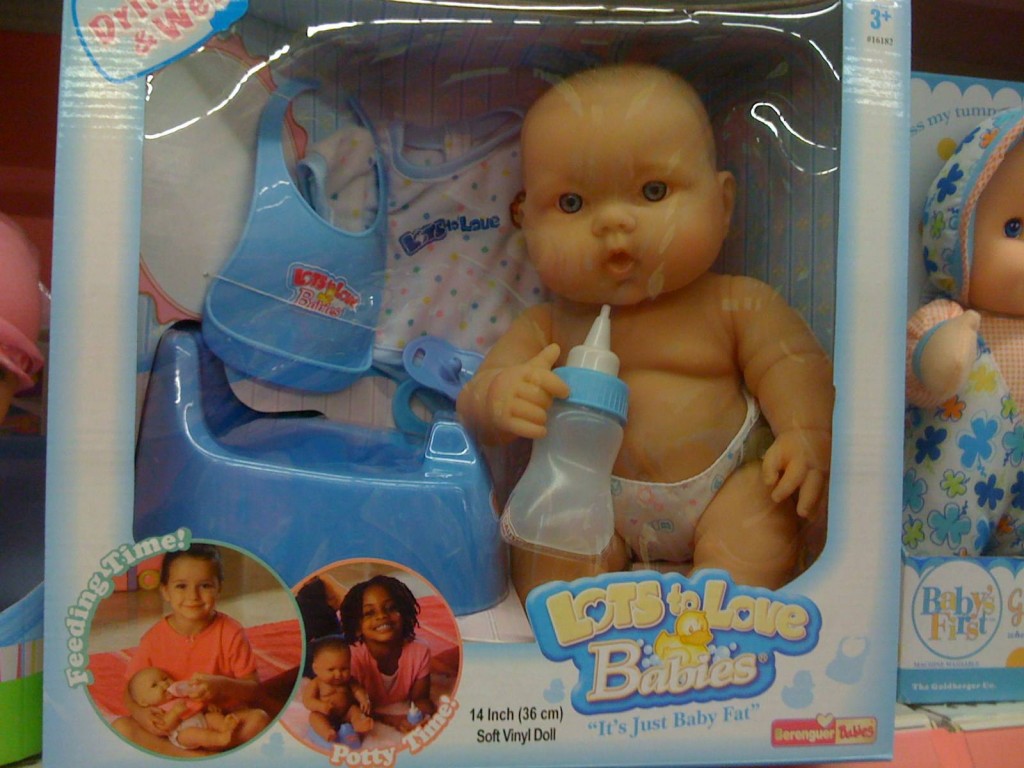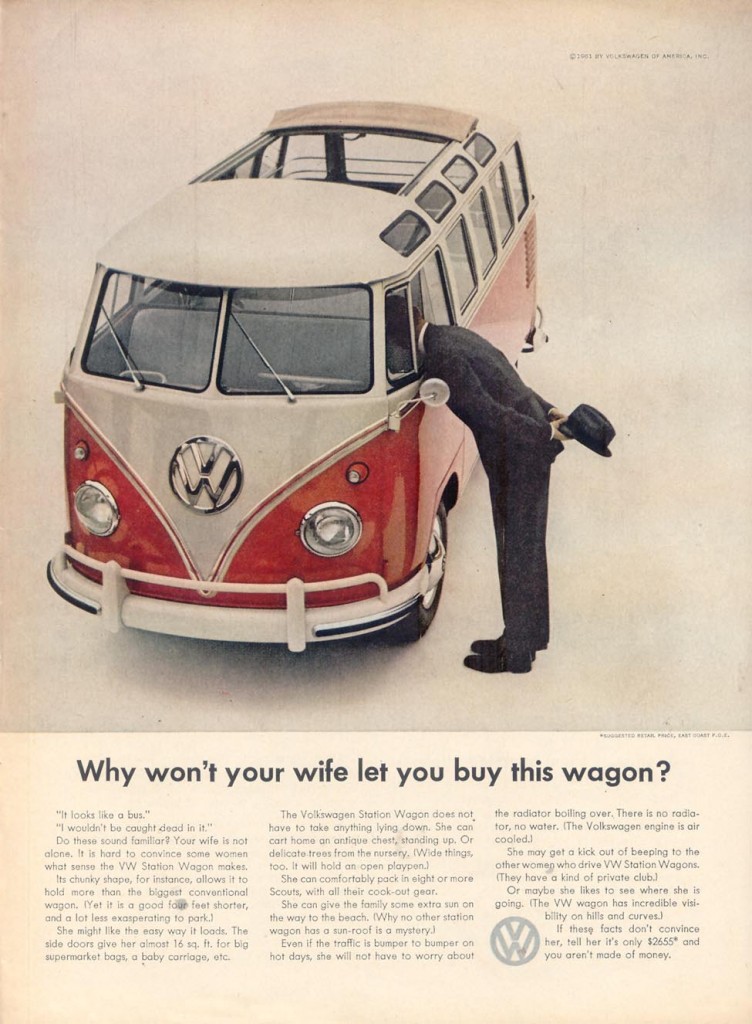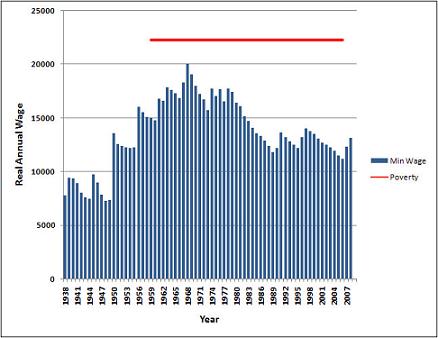We often talk about things being gendered or racialized on this blog, but we haven’t talked much about how race is gendered and gender racialized. In a previous post, I wrote:
According to American cultural stereotypes, black people, both men and women, are more masculine than white people. Black men are seen as, somehow, more masculine than white men: they are, stereotypically, more aggressive, more violent, larger, more sexual, and more athletic. Black women, too, as seen as more masculine than white women: they are louder, bossier, more opinionated and, like men, more sexual and more athletic.
Conversely, Asian people, both men and women, are often stereotyped as more feminine than white people. Asian men are seen as small and less muscular than white men; Asian women are seen as more passive and deferential than white women.
Interracial marriage rates bear out this asymmetry: black women are less likely to marry white men than vice versa and Asian men are less likely to marry white women than vice versa (see here and here).
The idea, specifically, that Asian women are more passive and deferential than white women, has been used to explain white men’s fetish for Asian women, Western men’s sex tourism in Asian countries, and Western men’s use of Asian mail-order bride services. Some of these men, it is argued, want a subordinate partner and they find it difficult to meet a white/American woman who is willing to play that role. You can actually hear a male sex tourist make this argument in this post.
I introduce all of these ideas in order to frame a screenshot sent in by Megan S. The screenshot is of the front page of a website (antimisandry.com) devoted to fighting misandry, or the “hatred of males as a sex.” The website purports to “cur[e] feminist indoctrination.” You’ll see that it is also advertising a dating site specializing in matching up white men with Chinese women:

So… I’m going to guess that, in this case, “anti-misandry” isn’t so much about encouraging women to stop hating men as it is about telling men they are entitled to a woman who will defer to them.
Either that or… unfortunate random ad placement.
Megan also thought this post on men choosing fictional female characters as lovers was related; you might also check out our post on the documentary Guys and Dolls about men who have relationships with expensive and “functional” (if you know what I mean) life-size dolls.
UPDATE: The comments thread on this post is closed. I strongly suggest reading them, especially if you think that this post was reaching. Very interesting.
—————————
Lisa Wade is a professor of sociology at Occidental College. You can follow her on Twitter and Facebook.





